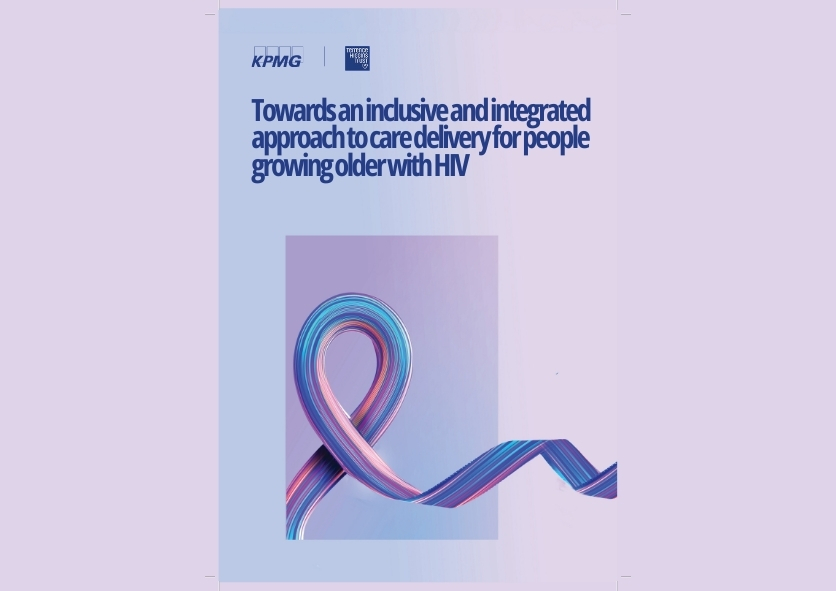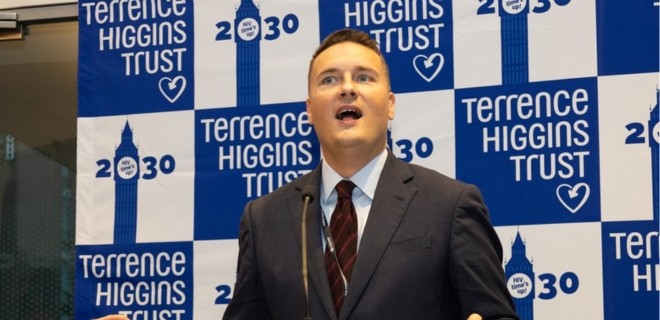
A recent report from Terrence Higgins Trust and KPMG UK suggests that the UK care system may need to adapt to meet the requirements of a growing number of people ageing with HIV. The findings indicate areas where improvements could be made in training, consistency of care, and in reducing the widespread stigma that continues to influence access to health and social care services.
The report, based on a roundtable of clinical, policy and community experts, shows that more than half of people accessing specialist HIV care in England are now over 50. Many live with complex long-term conditions linked to both ageing, years of untreated HIV and early HIV treatment. Yet care homes, primary care and community services often lack the knowledge needed to meet their needs.
Care home staff often receive little or no HIV training, which can lead to stigma, unnecessary “infection-control” measures, and reluctance among residents to disclose their status or having their status revealed without their consent. The report highlighted that older women living with HIV face particular challenges, such as poor access to menopause support, incorrectly adjusted medication and heightened stigma.
The report calls for mandatory HIV training across health and social care, improved multidisciplinary working, and age-inclusive standards in both clinical and care home settings. It also recommends routine opt-out HIV testing as part of NHS Health Checks for over-40s to improve diagnosis and engagement in care.
The recommendations arrive at a key moment, as HIV commissioning has recently shifted to Integrated Care Systems (ICSs) and the Government prepares a new national HIV Action Plan. The report urges ICSs, care providers and local authorities to work together to make sure older people living with HIV can access joined-up, respectful and informed care.
Richard Angell OBE, Chief Executive of Terrence Higgins Trust, said:
“For many people living with HIV, the stigma is more harmful than the virus. As this report makes clear, we need action to ensure that everyone ageing with HIV can rely on a care system that understands their needs and treats them with dignity. Too many older people are facing unnecessary barriers because staff aren’t trained, services aren’t joined up, and outdated attitudes persist.”
Guillaume Favier, Partner, Healthcare and Life Science Strategy at KPMG UK, said:
“Remarkable advances in HIV treatment now mean that people living with HIV can enjoy the same life expectancy as those without, and there’s an inspiring shift towards effective prevention. Yet, as this community ages, it’s vital that our health and social care systems adapt in tandem to meet their evolving needs.”
The full report, Towards an inclusive and integrated approach to care delivery for people growing older with HIV, is available on KPMG UK’s website.



